If you are proud to be an Australian, call 4725 3699 and leave your best “Oi Oi Oi” message after the beep, then tune in Australia Day as we combine all the “Oi Oi Oi’s” to create the greatest Aussie Chant ever!!
Australia! We are one and free!
On 26 January Australia comes together to celebrate our nation and what it means to be Australian. A story that began thousands of years ago. A day to reflect on history, show respect to the country and the stories of others, and celebrate our nation and its achievements.
Some use Australian Day to reflect on our religious foundations- a way of reflecting all God has done for us and will continue to do for us, in us, and through us.
“Australia is probably one of the most Christianised nations on earth,” says award-winning historian Stuart Piggin. He continues: “Jesus is the great hero of Australian history. He has had more influence on Australia than anybody else in terms of Christian values like humility, compassion, hope – these are the things which really give Australians a positive attitude towards life rather than a negative attitude.”
Dr. Kevin Donnelly, AM Senior Research Fellow at the Australian Catholic University and one of Australia’s leading education authors and commentators, reminds us as Australians that our foundation was built on religion and how important it is, not only to know that but to be reminded of that. Donnelly says, “to deny the significance of Christianity is to deny the nation’s heritage and culture and to ignore what underpins our political and legal systems.”
Here are some of the foundations of the Australian nation, its laws, and its roots according to Dr. Donnelly…
- The First Fleet sailed from England in 1787, it is interesting to note the instruction given to Captain Arthur Phillip. He was to enforce due observance of religion and good order among the inhabitants, and take such steps for the due celebration of public worship as circumstances would permit.
- the Constitution’s preamble includes the words: “Humbly relying on the blessing of Almighty God”
- parliaments around Australia begin with the Lord’s Prayer
- The official religion brought to Australia with the First Fleet was Evangelical Christianity, the ‘vital religion’ then shaping public policy through William Wilberforce and his fellow evangelicals. That it has shaped Australian history ever since, making a substantial contribution to the public prosperity of the nation, is an untold story.
- Charles Joseph La Trobe was the first governor of Victoria. He was a man of deep Christian convictions. His prioritize were unknown to Victoria at the time, saying ‘It is not by individual aggrandizement, by the possession of numerous flocks or herds, or by costly acres, that the people shall secure for the country enduring prosperity and happiness, but by the acquisition and maintenance of sound religious and moral institutions without which no country can become truly great.’ (Australia’s Christian Heritage: The Untold Storywww.cte.mq.edu.au › public › download)
When we take the time to reflect on Australia being built on biblical principles it helps give us truth and meaning. A reason to make sure that God continues to be what our nation stands on and put first!
Although some parts or moments of our history may cause pain, or may not be something to be proud of, there are still many things and people to focus on and celebrate!!
Like reflecting on some of the amazing first nations people like William Cooper, Eddie Mabo, and Barbara Jackson and the legacies that they led and left behind for those that followed to continue carrying on!
William Cooper was an aboriginal leader, political activist, and community leader who was the first to lead a national movement recognized by the Australian Government. He worked as a shearer and handyman for pastoral employers for much of his life, the last in his family to be converted to Christianity. Cooper had attended adult literacy classes; he read widely and wrote a good letter. His family connexions and membership of the Australian Workers’ Union made him a spokesman for the dispersed communities of central Victoria and western New South Wales who were ineligible for any aid during the 1920s drought and the 1930s Depression. He led the first Aboriginal deputation to a Commonwealth minister on 23 February 1935, and with members of the Aborigines’ Progressive Association, formed in Sydney in 1937, led the first deputation to a prime minister (to ask for Federal control of Aboriginal affairs) on 31 January 1938. his main achievement was the establishment of a ‘National Aborigines Day’, first celebrated in 1940. You can read more on the life and legacy of William Cooper by heading to cooper-william-5773.
Eddie Mabo moved to Townsville in 1959. most of his adult life was spent on mainland Australia, Koiki’s cultural identity remained deeply rooted in Malo law and Meriam custom. Koiki became a prominent leader for Aboriginal and Torres Strait Islander people in Queensland. He served on many boards including as President of the Council for the Rights of Indigenous People. In 1973, Koiki became co-founder and director of the Townsville black community school — one of the first in Australia. On 20 May 1982, Koiki and fellow Mer Islanders, Reverend David Passi, Celuia Mapo Salee, Sam Passi and James Rice began their legal claim in the High Court of Australia for ownership of their lands on the island of Mer. With Koiki as the first-named plaintiff, the case became known as the ‘Mabo Case’. Nearly ten years after beginning their legal claim in the High Court of Australia, Eddie Koiki Mabo passed away from cancer aged fifty-six. However later that year, the High Court of Australia decided in favour of Eddie Koiki Mabo and his fellow plaintiffs. The ruling on this landmark case recognised in Australian law for the first time the rights of Aboriginal and Torres Strait Islander peoples to their lands based on their traditional connection to and occupation of their Country; a decision that countered the claim by the British that Australia was ‘terra nullius’ (land belonging to no-one). The following year the Parliament of Australia passed the Native Title Act 1993 to create a system for Aboriginal and Torres Strait Islander peoples to make a native title claim over their lands. You can read more about the life and legacy of Eddie Mabo “Koiki” by heading to https://aiatsis.gov.au/explore/eddie-koiki-mabo.
Barbara Jackson lived in Perth and was a strong advocate for Aboriginal rights during her lifetime. She was involved with a number of Aboriginal rights committees throughout her life, including the New Era Aboriginal Fellowship Council Inc and Training Centre for Work Release Prisoners. In the early 1970s, Barbara single-handedly started the Aboriginal Youth Training Centre. She did not live to see its growth or the positive impact the Centre had in the life of many young Aboriginal people, but her legacy for pursuing Aboriginal rights lives on in her family.
There’s also more reasons why we celebrate today! Australia is home to some of the greatest inventions, we’ve countless unforgettable moments in sports, our land has been home to the world’s oldest living cultures for thousands of years, many famous and amazing singers have derived from our very own country, and we are home to the typical Australian stereotypes like meat pies and lamingtons! Check out the many other reasons why we celebrate our nation!
Innovation
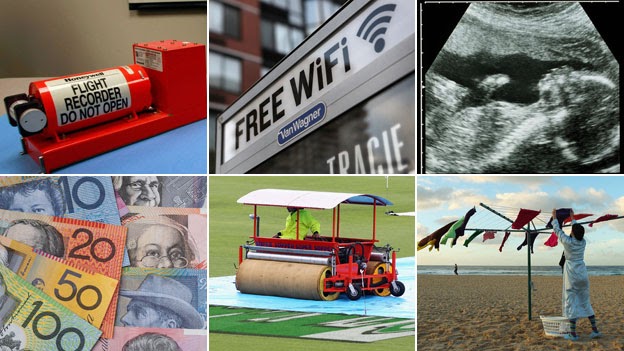
Aussie innovation is more than just knowing how to duct tape your commodore to keep it going. Some of the great inventions of the last century have come from the land down under. Hills Hoists, the black box, cancer vaccines, ultrasound scanners, pacemakers, the list goes on. Who could forget radio astronomer Dr. John O’Sullivan, who failed to develop a scanner for detecting exploding black holes, so he invented a little thing called Wi-fi.
Sports
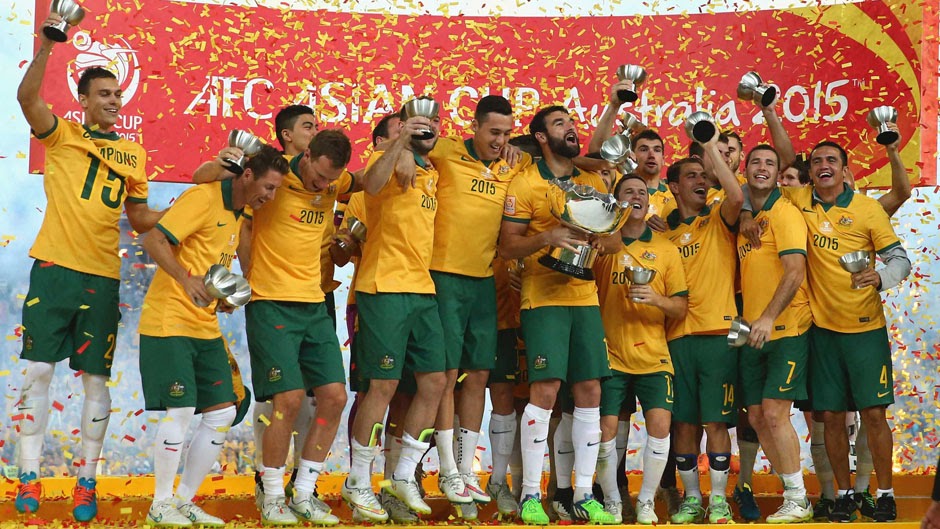
From time immemorial Australia has been a sporting nation and some of our proudest moments have been on the pitch, the oval, the field, and even now on the slopes and the rink. Unforgettable moments, like Cathy Freeman running for gold and glory in the 400m, a hometown hero at the Sydney Olympic games, have forged sport into our national identity.
Values
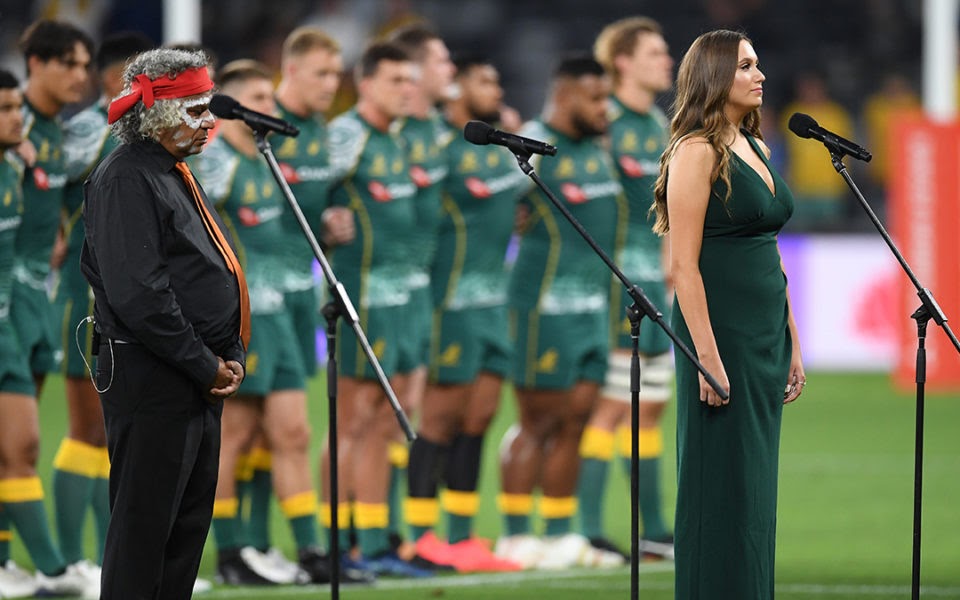
Australia! We are one and free. Here, we give life a red hot crack and look after our mates through rain and shine, thick and thin, wars and disasters. We respect people from all walks of life because we know, in our diversity, we are strong. So with courage let us all combine To Advance Australia Fair.
Indigenous
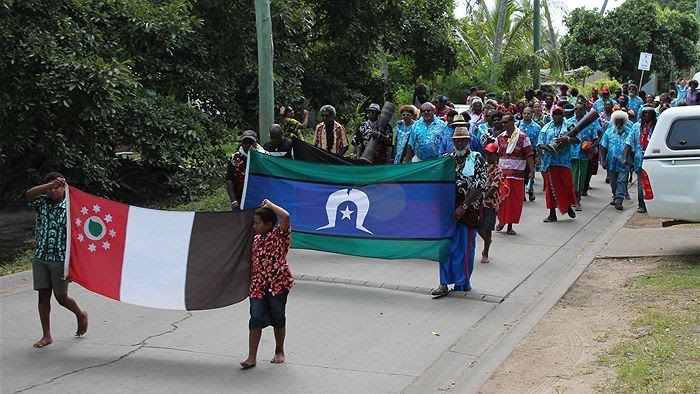
Australia as a nation may be young, but this land has been home to the world’s oldest living cultures for tens of thousands of years. On Australia Day we celebrate and acknowledge the William Coopers, Eddie Mabo’s and Barbara Jacksons, our amazing first nations people and original custodians of the land. So let’s stand alongside them, remember the past, and find a way forward together for a bright future.
Music

Australia Day is coming soon, time to crank the barbie, throw on some lamb, and turn up the Akka dakka. Or is it John Farnham, Kylie Minogue, INXS, Midnight Oil, The Bee Gees, Jimmy Barnes, Savage Garden, or Paul Kelly? How good is Aussie music!?
Stereotypes
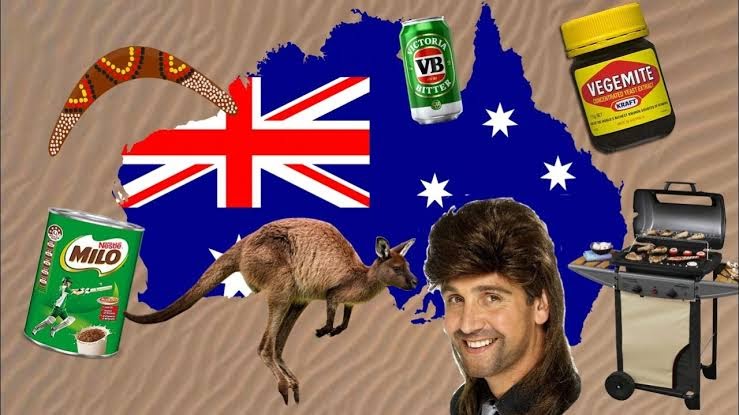
Throw some lamb on the barbie, heat up the meat pies, and get the lamingtons ready. It’s nearly Australia Day! The day we celebrate what it means to be a true blue Aussie. We celebrate wearing thongs, speedos, and cork hats. We celebrate deadly animals, marsupials, red dust plains, and summer rains. We celebrate abbreviations, chicken salt, and cheap Tuesday.
Footnotes:
